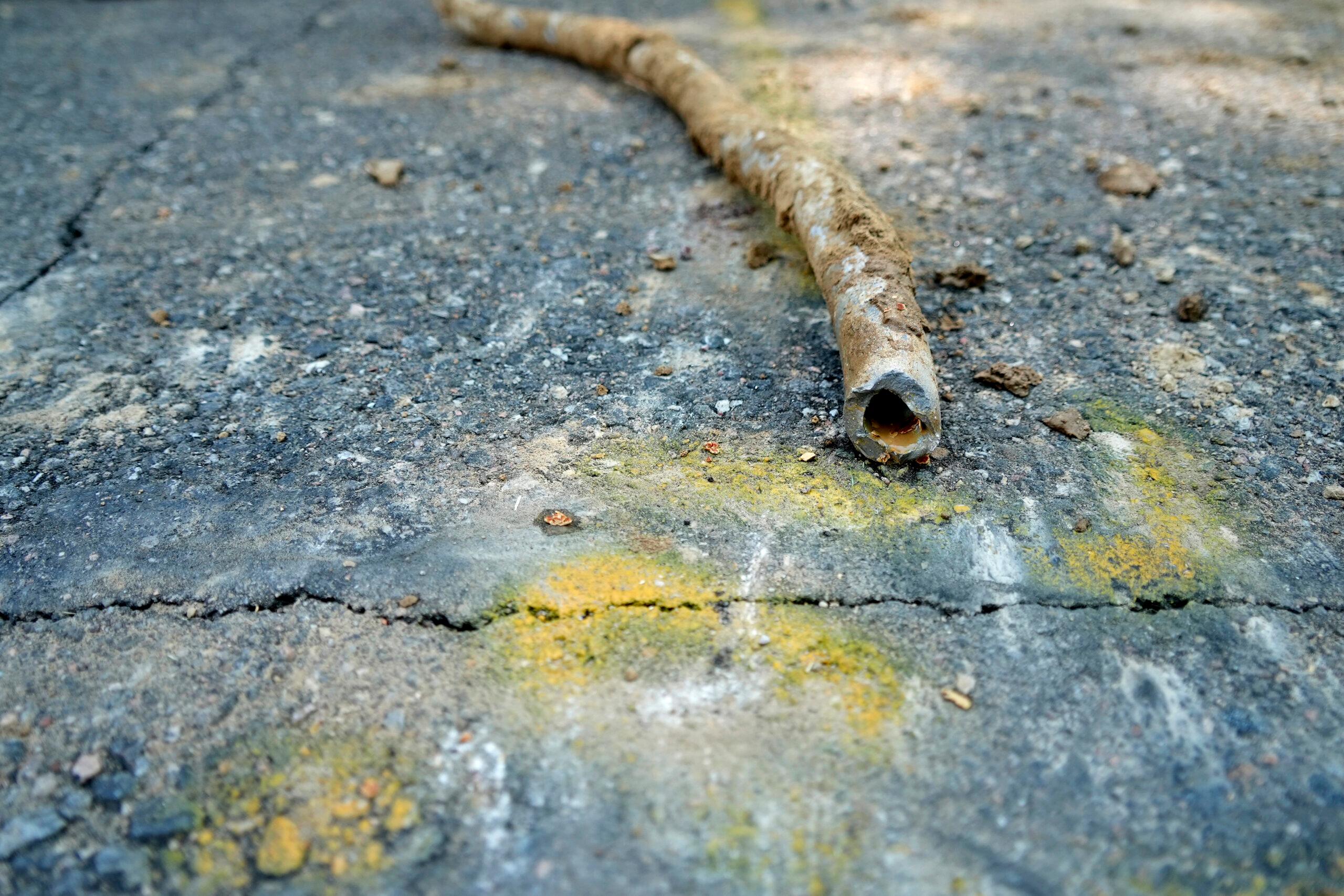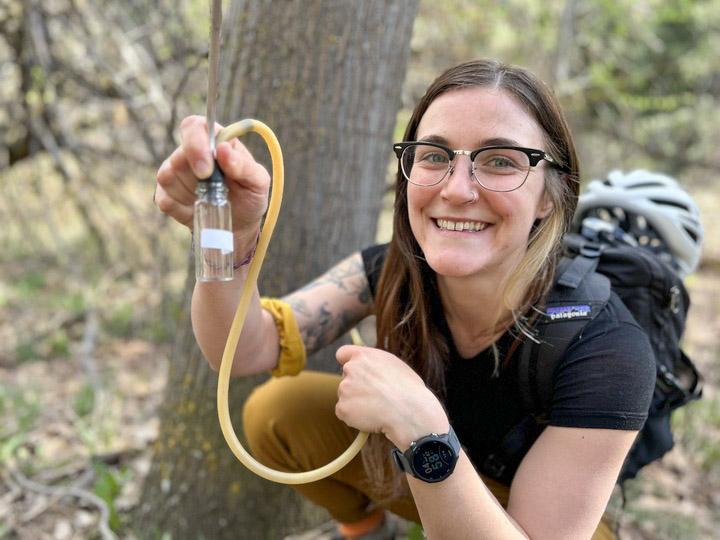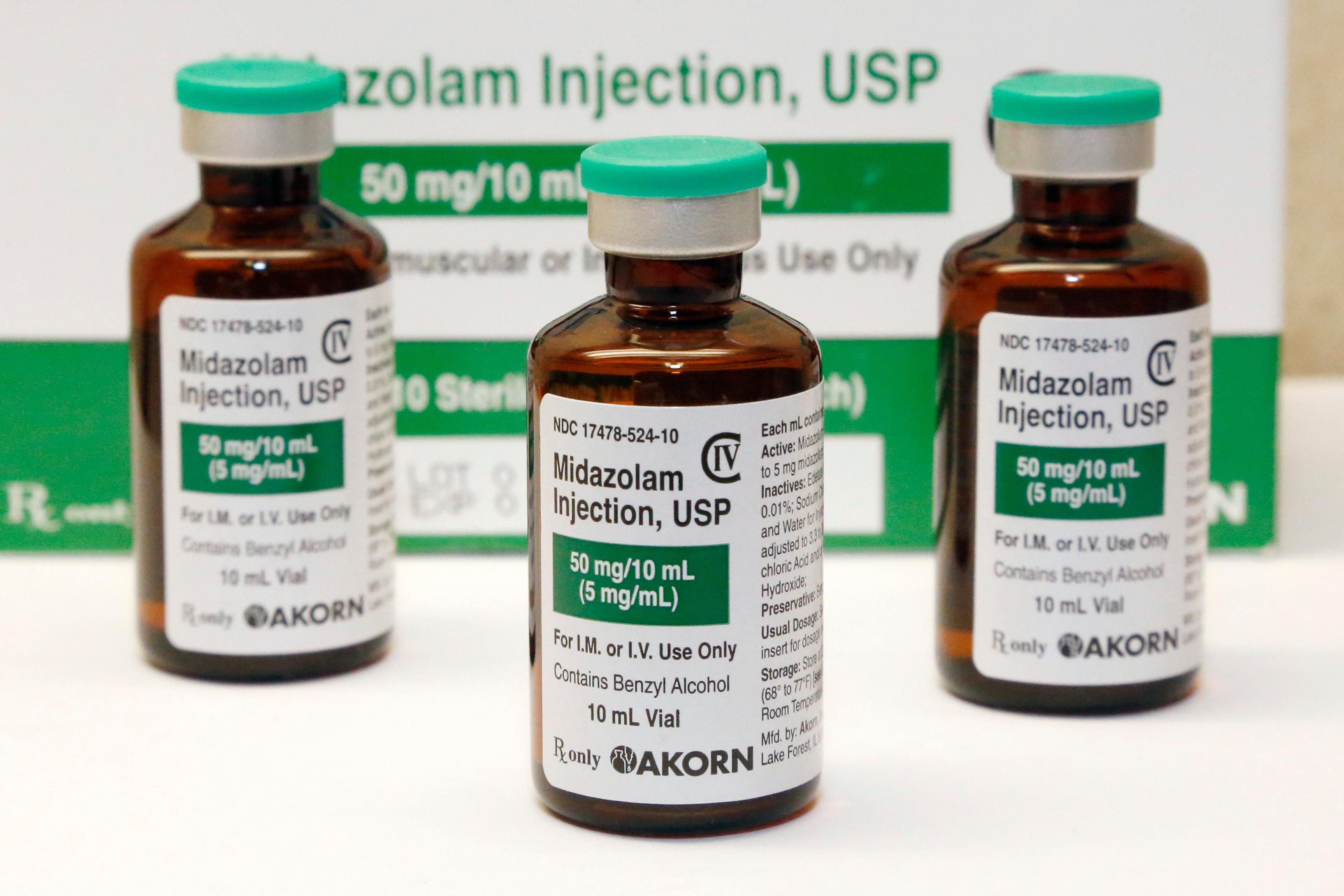
Over the course of the next year, Grand Junction hopes to identify all remaining lead water pipes within city limits so it can create a plan to replace them.
Lead pipes, known officially as lead service lines, are defined as pipes contaminated with lead that are connected to active water mains. Congress banned their use in 1986 because drinking water contaminated with lead can cause adverse health effects if it enters the bloodstream. Children are most vulnerable to those effects, which can include developmental delays, weight loss, and difficulties with memory or concentration.
Under new Environmental Protection Agency regulations, Grand Junction must develop an inventory of lead service lines and a replacement plan to submit to the state by Oct. 16, 2024.
So far, the city has identified 84 lead service lines on public property and 47 lines on private properties. Grand Junction said it has about 1,000 properties left to inspect. Properties built after 1967 will not be inspected, as the city had required the use of copper service lines by then.
People with lead service lines on their property will be responsible for replacements, but Grand Junction said it will have resources available to help those affected.
“While the city is currently only responsible for replacing the city-owned service line between the meter and the main, the city will assist customers with the replacement of the customer-owned water line between the meter and the building,” the city said in a press release. “The city has purchased specialized equipment that will enable city crews to replace the service lines at a reasonable cost to the property owner.”
There is now a map of identified lead pipes within Grand Junction is available on the city’s website.
A similar lead pipe removal program was introduced in Denver last year. In a first-of-its-kind survey released in April, the EPA found there are over 110,000 lead pipes in Colorado, which could cost more than $12 billion to completely remove. Colorado has received $32 million in assistance from the federal government to support those efforts.








